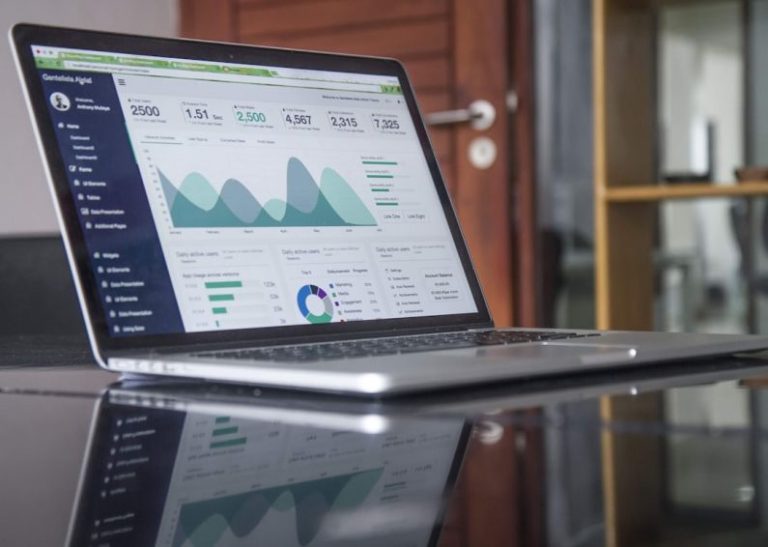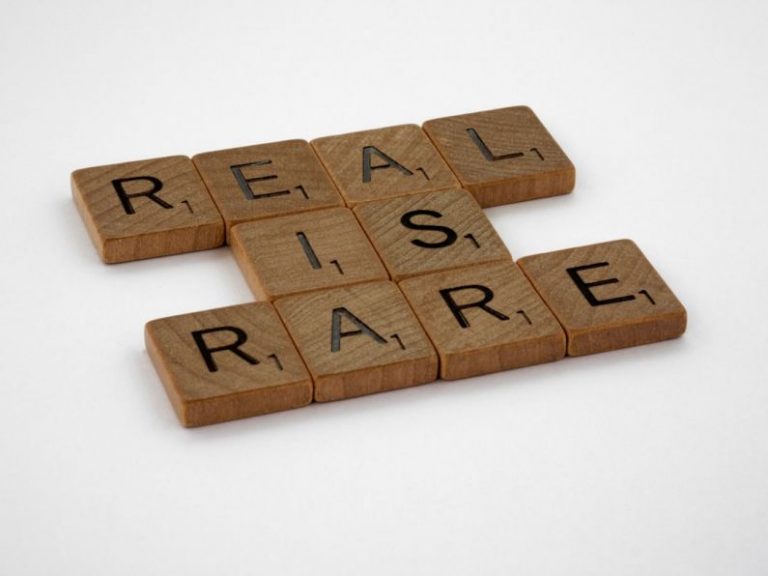
In today’s global economy, it’s common for consumers and businesses to purchase goods and services from international markets. One challenge that arises when making cross-border transactions is comparing prices across different currencies. Fluctuating exchange rates, transaction fees, and hidden costs can make it challenging to accurately assess the true value of products or services. However, with some strategic approaches and tools at your disposal, you can effectively compare prices across different currencies and make informed purchasing decisions.
Understanding Exchange Rates
Exchange rates play a crucial role in determining the value of one currency relative to another. It’s essential to have a basic understanding of how exchange rates work to accurately compare prices across different currencies. Exchange rates fluctuate constantly due to various factors such as economic indicators, geopolitical events, and market sentiment. To stay informed about the latest exchange rates, you can use online currency converters or financial news websites that provide real-time exchange rate information.
Consider Transaction Fees
When making cross-border transactions, financial institutions often charge fees for converting currencies. These transaction fees can vary significantly depending on the provider and the amount of the transaction. Before comparing prices across different currencies, it’s essential to consider any potential transaction fees that may impact the final cost. Some credit cards or online payment platforms offer competitive exchange rates and lower transaction fees, making them a cost-effective option for international purchases.
Factor in Hidden Costs
In addition to exchange rates and transaction fees, it’s crucial to factor in any hidden costs that may impact the overall price of a product or service. Some vendors may include additional charges for international shipping, customs duties, or taxes, which can significantly increase the final cost. Before making a purchase in a foreign currency, carefully review the terms and conditions to identify any potential hidden costs. By accounting for all expenses upfront, you can avoid surprises and make more informed decisions when comparing prices across different currencies.
Utilize Online Comparison Tools
To streamline the process of comparing prices across different currencies, consider using online comparison tools and platforms that provide real-time exchange rate information and price conversions. Websites like XE, OANDA, or Google Finance offer currency converters that allow you to quickly convert prices from one currency to another. Additionally, some e-commerce platforms and travel websites automatically display prices in your local currency, making it easier to compare costs across different regions. By leveraging these online tools, you can save time and effort when conducting price comparisons and making international purchases.
Monitor Exchange Rate Trends
Exchange rates are constantly fluctuating, and small variations can have a significant impact on the final price of a product or service when converting between currencies. To make more informed purchasing decisions, consider monitoring exchange rate trends and identifying opportune moments to make cross-border transactions. By staying updated on the latest market developments and economic indicators, you can capitalize on favorable exchange rates and secure better deals on international purchases.
Opt for Multi-Currency Accounts
If you frequently engage in cross-border transactions or travel abroad, consider opening a multi-currency account to manage funds in different currencies efficiently. Multi-currency accounts allow you to hold balances in various currencies and make transactions at competitive exchange rates. Additionally, some financial institutions offer multi-currency debit cards that enable you to make purchases in foreign currencies without incurring hefty conversion fees. By utilizing multi-currency accounts, you can simplify the process of comparing prices across different currencies and optimize your international financial transactions.
Incorporate these strategies into your purchasing decisions to effectively compare prices across different currencies and maximize the value of your international transactions. By understanding exchange rates, considering transaction fees and hidden costs, utilizing online comparison tools, monitoring exchange rate trends, and opting for multi-currency accounts, you can make informed choices when buying from international markets. Stay informed, be proactive, and leverage available resources to navigate the complexities of cross-border transactions and secure the best deals across different currencies.





